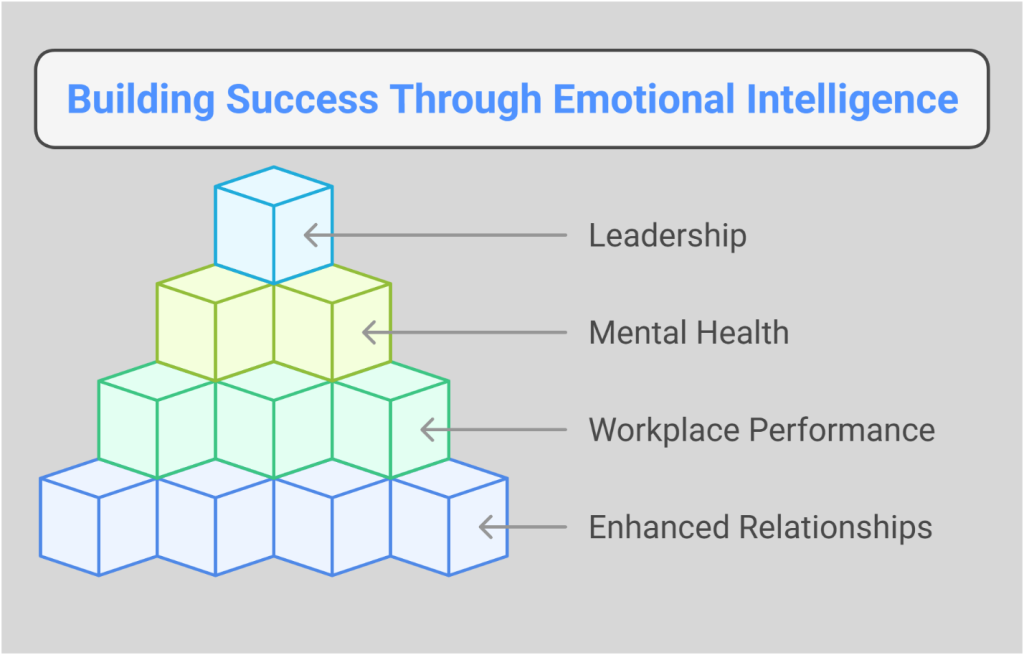Understanding Emotional Intelligence: A Key to Personal and Professional Growth
In today’s fast-paced world, success is not determined solely by IQ or technical skills. Emotional intelligence (EI) has emerged as a critical factor that can significantly influence personal and professional achievements. But what exactly is emotional intelligence, and why is it so important? Let’s delve deeper into this fascinating concept.
What is Emotional Intelligence?
Emotional intelligence refers to the ability to understand, manage, and influence one’s own emotions as well as those of others. Introduced by psychologists Peter Salovey and John Mayer and popularized by Daniel Goleman, EI comprises five core components:
1.Self-Awareness: Recognizing and understanding your emotions and how they affect your thoughts and behavior.
2. Self-Regulation: Managing your emotions, especially in stressful situations, and maintaining control.
3.Motivation: Harnessing emotions to stay focused and achieve goals
4.Empathy: Understanding and sharing the feelings of others, enabling better communication and relationships.

The Importance of Emotional Intelligence
- Enhanced Personal Relationships
High EI allows individuals to empathize, communicate effectively, and resolve conflicts, leading to stronger and more meaningful connections.
- Better Workplace Performance
In professional settings, emotionally intelligent individuals excel in teamwork, leadership, and adaptability. They are better equipped to handle workplace stress and foster a positive environment.
- Improved Mental Health
Self-awareness and self-regulation help in coping with anxiety, depression, and other emotional challenges.
- Effective Leadership
Leaders with high EI inspire and motivate their teams, build trust, and handle crises with composure.
How to Improve Emotional Intelligence
- Practice Self-Reflection
Regularly assess 1your emotional triggers and responses. Journaling can be an excellent tool for this.
- Enhance Empathy
Actively listen to others without judgment and try to understand their perspectives.
- Develop Stress-Management Techniques
Engage in mindfulness, meditation, or physical activities to stay calm under pressure.
4.Seek Feedback
Ask for constructive feedback from trusted friends or colleagues to identify areas of improvement.
- Invest in Communication Skills
Clear and empathetic communication strengthens both personal and professional relationships.
The Future of Emotional Intelligence
As automation and artificial intelligence continue to reshape industries, emotional intelligence is becoming a distinguishing factor in human interactions and decision-making. In the age of technology, the ability to connect on an emotional level remains irreplaceable.
Conclusion
Emotional intelligence is not just a soft skill; it’s a vital component of personal fulfillment and professional success. By developing EI, you can improve your relationships, excel in your career, and lead a more balanced life. Start your journey towards higher emotional intelligence today.
thank you!

